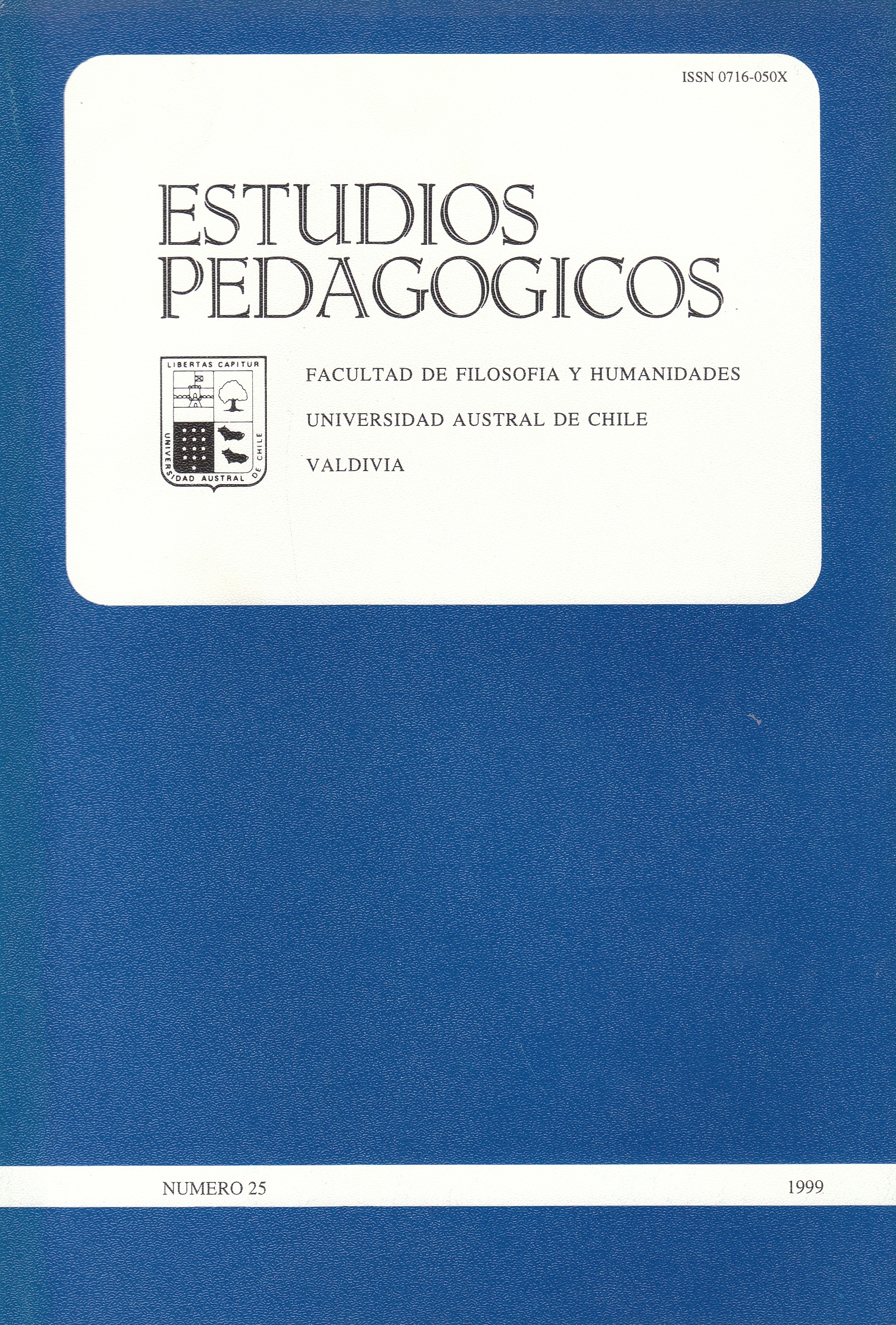Elementary education efficiency analysis by the stochastic frontier method of production: the case of the county of Talca
Main Article Content
Abstract
The efficient use of resources for the achievement of educational objectives is a key issue in attaining sustainable educational development. This essay reports the results of the application of production frontier methodology, a method first developed in the field of the economy, comparing the SIMCE score of student in private, subsidized and municipal schools in the county of Talca.
Accounting for data restraints, the results show that the ten schools with the best SIMCE scores do not coincide with those judged to be the ten most efficient schools under the Stochastic Frontier Model. This is due to the fact that the SIMCE test measures performance achievement in specific test of knowledge; nevertheless, efficiency, as defined by the stochastic frontier models, embodies variables that affect such achievement, and also let us identify the degree of influence of these variables in product (SIMCE).

